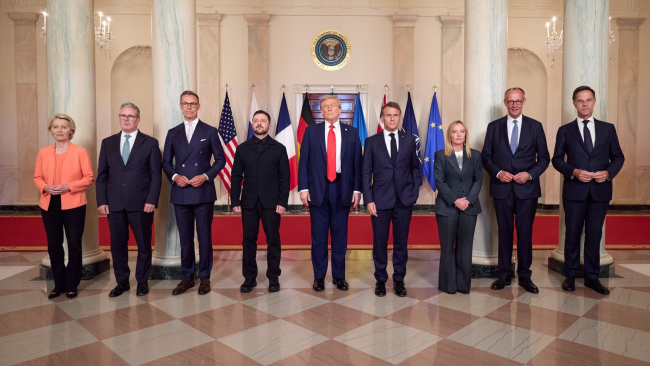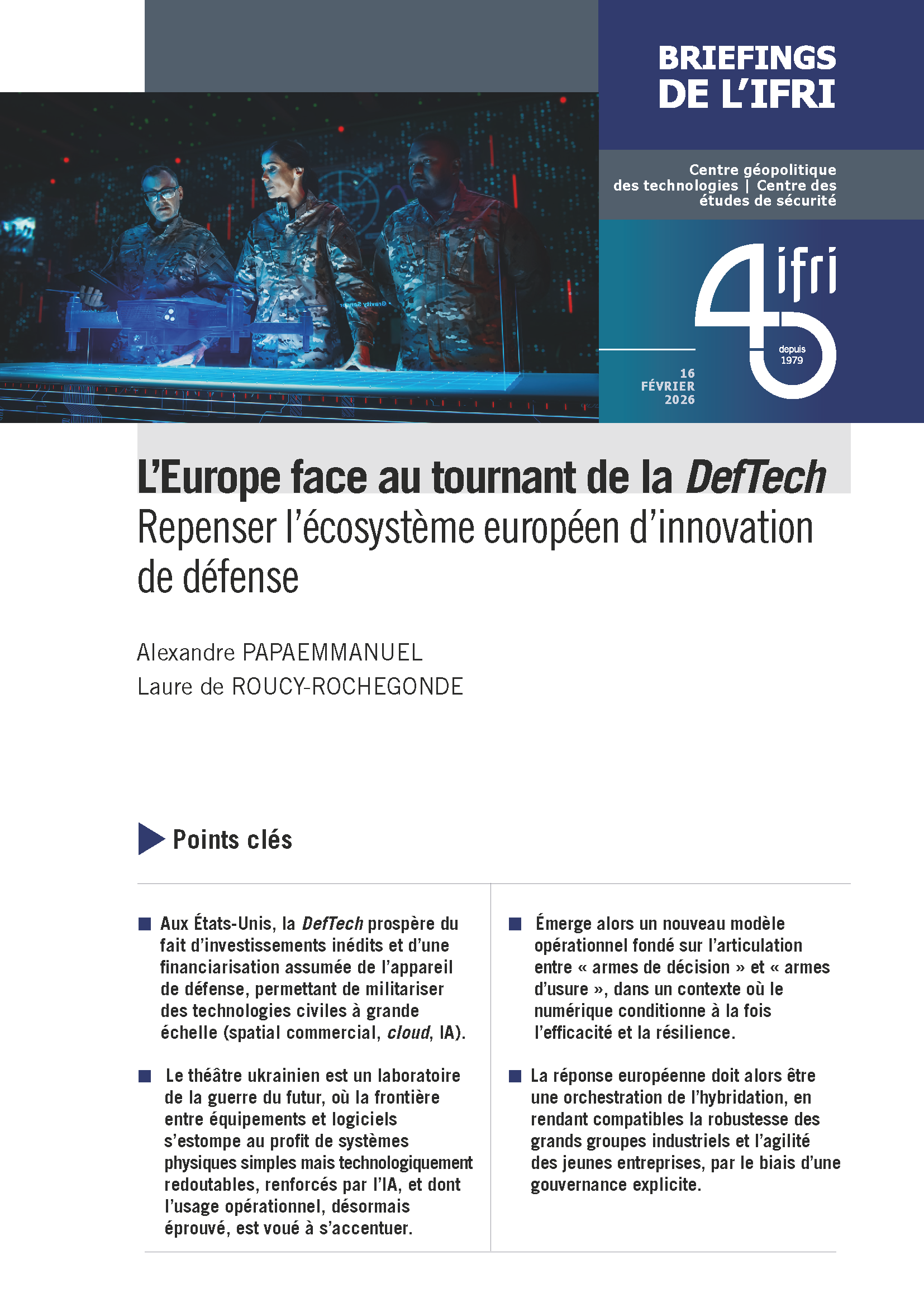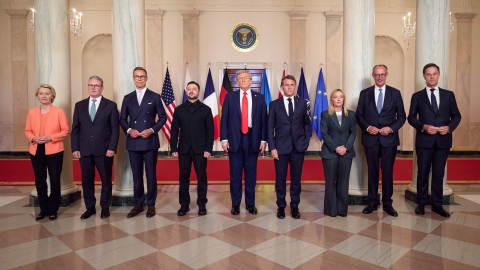European Unconventional Gas Developments: Environmental Issues and Regulatory Challenges in the EU and the US

Informations pratiques
Thématiques et régions
Centres et programmes liés
Ceci est un événement réservé.
En savoir plus sur nos programmes de soutienA conference hosted by the Atlantic Council of the United States and l'Institut français des relations internationales Unconventional gas production has recently seen rapid growth in the United States, and brought with it its share of technical, environmental and social issues. Despite these issues, which are the subject of a current Environmental Protection Agency review, it is thought that unconventional gas might play a major role in the future energy makeup of the United States. Europe also has reserves of unconventional gas - in the form of tight sands and coal bed methane as well as shale gas - which may be exploited in the near future if it is viable to do so. It is thus advantageous for Europeans and Americans alike to seek to gain a better understanding of the issues surrounding this new energy source.
Following a preliminary workshop in Washington DC hosted by the Atlantic Council on 25th January 2011, and two previous workshops held by Ifri in Brussels on 7th May and 29th September 2010, the two organisations will collaborate to convene a further meeting in Brussels on the 14th March. This meeting will aim to collate views from both sides of the Atlantic in order to gain a better understanding of environmental issues related to unconventional gas resources, with a particular focus on the issue of public acceptance.
Replay
Sujets liés
Autres événements

Quelle politique de défense en Allemagne ?
Face à la guerre en Ukraine et à l’instabilité géopolitique en Europe dans un cadre transatlantique perturbé, l’Allemagne a amorcé un tournant majeur dans sa politique de défense, avec une hausse significative des dépenses militaires, la modernisation de la Bundeswehr et le débat sur un éventuel retour du service militaire obligatoire.

Quatre ans de guerre en Ukraine : verra-t-on la fin du conflit en 2026 ?
Un déjeuner débat autour de Tatiana Kastouéva-Jean, Directrice du Centre Russie/NEI, et Élie Tenenbaum, directeur du

Quel partenariat technologique avec l’Inde ?
Le 16ème Sommet UE-Inde, qui s’est tenu le 27 janvier à New Delhi en présence des dirigeants européens António Costa, Ursula von der Leyen, et du Premier ministre Narendra Modi, marque un tournant dans le renforcement des liens entre l'Union européenne et l'Inde. Parallèlement, les visites bilatérales se multiplient, à l’image de celle du Président français qui s’est rendu en Inde mi-février pour participer au Sommet sur l’Intelligence Artificielle.









